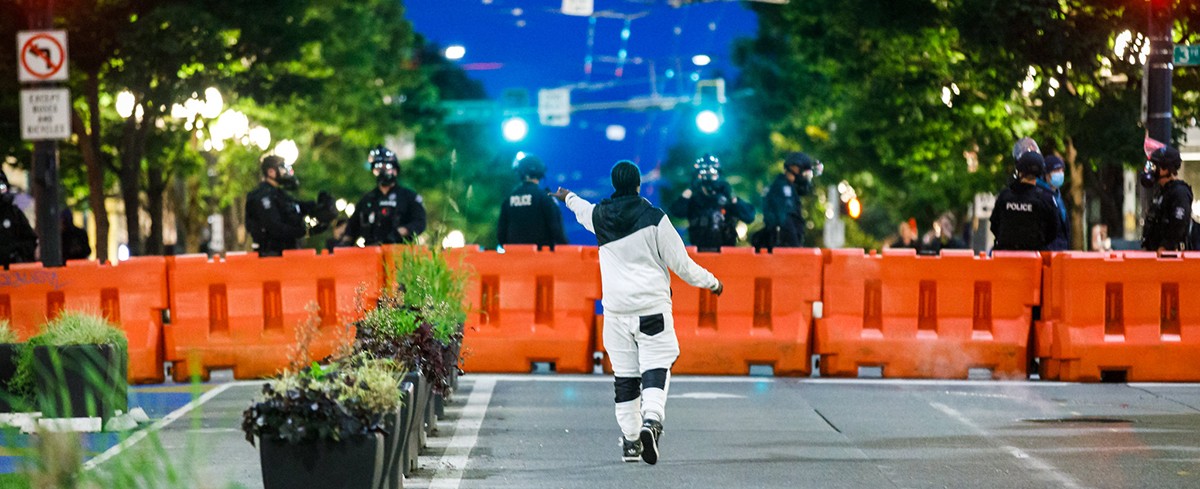
NPR: How Seattle’s police chief navigated city’s protests
NPR law enforcement correspondent Martin Kaste examines how Seattle Police Chief Carmen Best has navigated the protests for racial justice in her city that erupted in the wake of the death of George Floyd. In understanding the challenges faced by even reformist-minded police chiefs in working with activists, Kaste turns to University of Cincinnati criminologist Robin Engel, a nationally renowned expert in the field of policing piolicy.
Engel, a professor of criminal justice and director of the International Association of Chiefs of Police and the University of Cincinnati Center for Police Research and Policy, tells Kaste that activists should recognize the political realities faced by chiefs such as Best.
“They have gone to the streets. And that's important. And, actually, it's powerful. It gives power to law enforcement executives that are reform minded. But the citizens also have to demonstrate a willingness to work with law enforcement executives that are making these changes,” said Engel.
Read the transcript or listen to the complete story here.
Featured image at top: A protestor stands before Seattle police officers during the George Floyd protests in Seattle, WA. Photo by Derek Simeone/(CC BY 2.0)
Related Stories
Upstream river flooding becoming more common
January 3, 2025
WVXU talks to UC Assistant Professor Dongmei Feng about her new study in Nature examining water flow in the world's rivers. She found that flooding is becoming more common in upstream sections of rivers.
New platform connects biotech innovators with market opportunity
January 3, 2025
Exit Lab brought together leading biotech innovators focused on wearable biosensors to showcase their devices and help them either enter the market or license their technologies.
UC partners with Cincinnati Public Schools on $3.75M initiative
January 3, 2025
A partnership between the University of Cincinnati, Cincinnati Public Schools (CPS), Central State University in Ohio (CSU) and local mental health agencies has been formed to address the growing mental health needs of K-12 students in the region. The program is federally funded by a $3.75M grant from the Department of Education.
